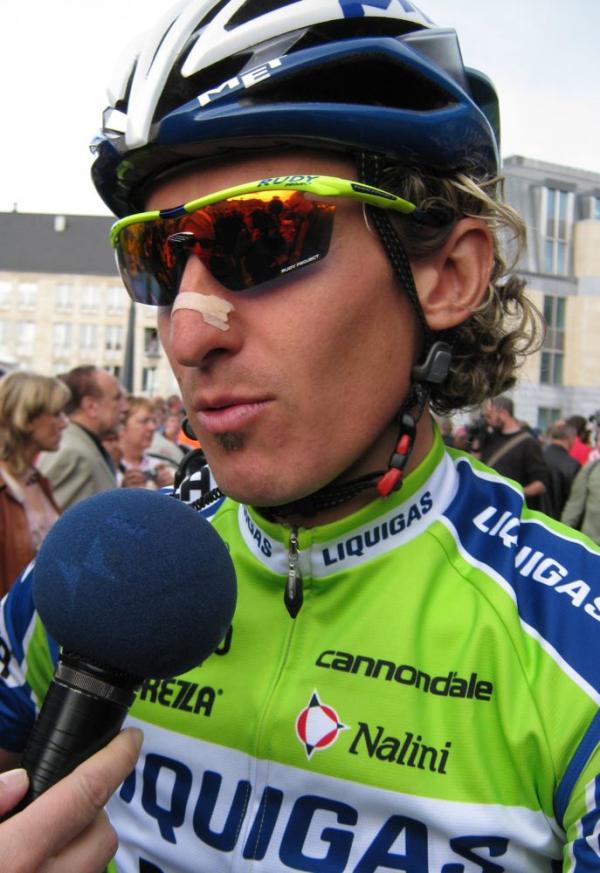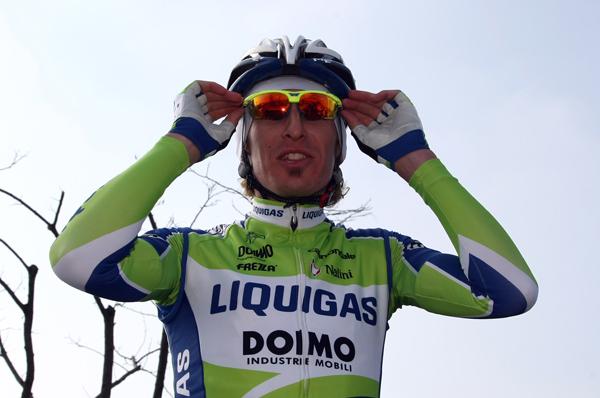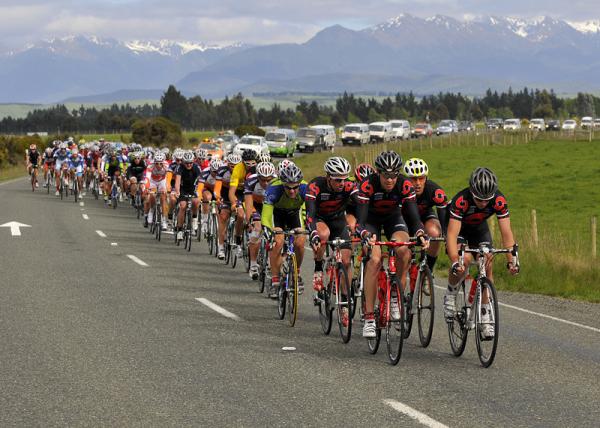UCI biological passport panel member calls for more transparency
D'Onofrio believes all nine experts should be consulted on all cases



A member of the UCI’s biological passport panel has admitted that the system requires greater transparency. Dr. Giuseppe D’Onofrio was speaking at the 19th conference of Italian cycling doctors (AIMeC) in Ravenna on Saturday.
“There has been a request for greater transparency and sharing put into the UCI on our behalf,” D’Onofrio said, according to Gazzetta dello Sport. “We will talk about it in February at the plenary meeting.”
The biological passport panel is made up of nine experts. When a rider is found to have returned suspect blood and urine values, the results are then sent to three of the nine experts for their evaluation. D’Onofrio believes that all nine experts should be consulted on all suspect blood profiles.
“I don’t agree that it should be groups of only three experts evaluating the profiles,” he said. “All nine of used should be involved together in order to arrive at a broadly unanimous decision.”
D’Onofrio delivered a talk at the conference with his fellow panel member Pierluigi Fiorella entitled “Reflections on the biological passport and its first three years.”
D’Onofrio’s words were echoed by Milanese haematologist Giuseppe Banfi, who was one of the experts called on by Franco Pellizotti as part of his defence when anomalies were detected in his biological passport readings.
“Frankly, I have to say that in regard to the biological passport, there is a closed attitude from a scientific point of view as the system is self-referential,” Banfi explained. “Involving all nine experts on the panel would mean the procedures were sounder and more stable.”
Get The Leadout Newsletter
The latest race content, interviews, features, reviews and expert buying guides, direct to your inbox!
Liquigas team doctor Roberto Corsetti was heavily involved in Pellizotti’s case and he too believed that some kinks in the biological passport system needed to be ironed out.
“The biological passport is a serious thing and it has given us the possibility of unearthing positives,” he said. “It’s like a custom-built Ferrari: but maybe it’s been put on the road too soon to act as an anti-doping control.”
Federico Scaglia, secretary of the Italian riders’ association, also expressed his reservations about the biological passport in its current format, and it is understood that his views are shared by Gianni Bugno, head of the international riders’ association (CPA).
“We’ve always been in favour of the biological passport but more clarity is required, even on the procedures,” Scaglia said. “We’ve already sent a letter to president McQuaid to ask that the UCI no longer filter the selection of the athletes’ profiles and that all nine experts have the data of the 850 riders involved and not just the anomalous data.”

Barry Ryan was Head of Features at Cyclingnews. He has covered professional cycling since 2010, reporting from the Tour de France, Giro d’Italia and events from Argentina to Japan. His writing has appeared in The Independent, Procycling and Cycling Plus. He is the author of The Ascent: Sean Kelly, Stephen Roche and the Rise of Irish Cycling’s Golden Generation, published by Gill Books.